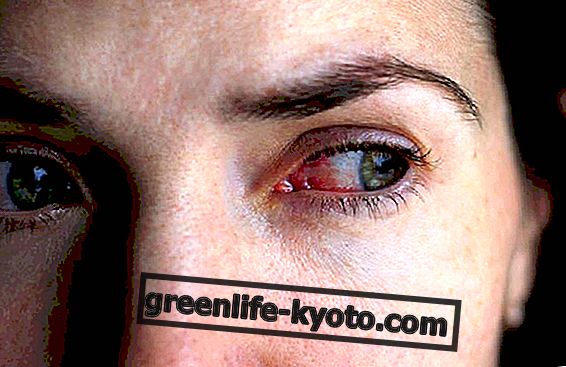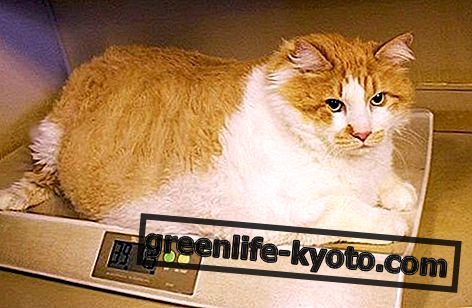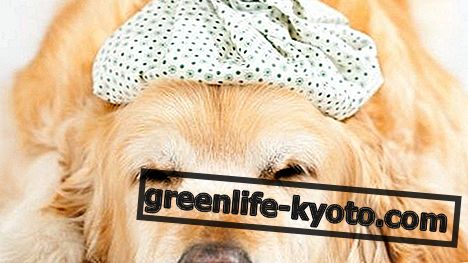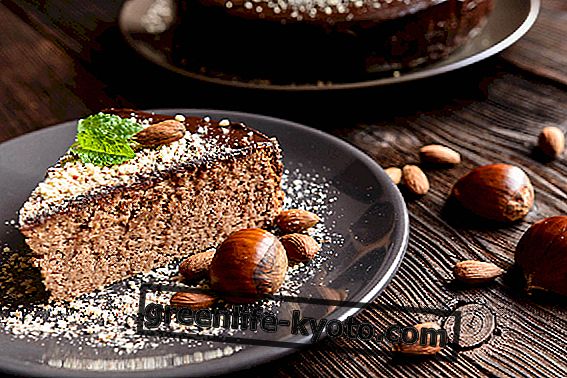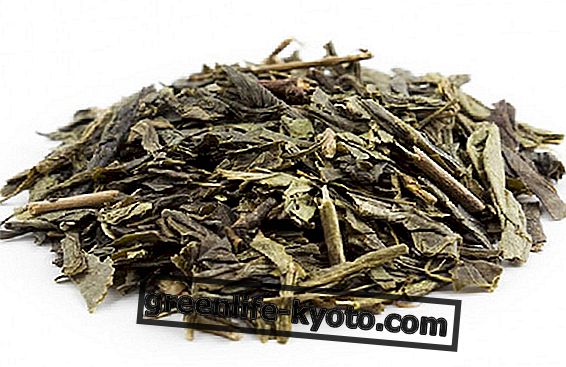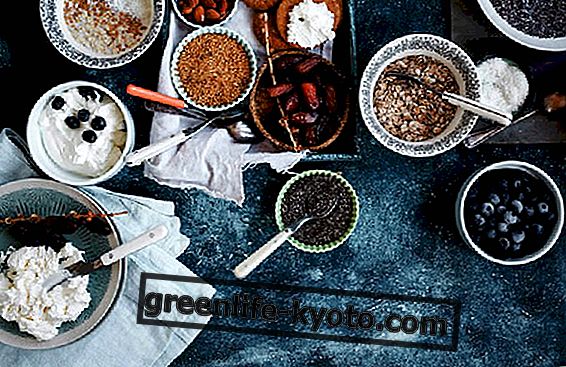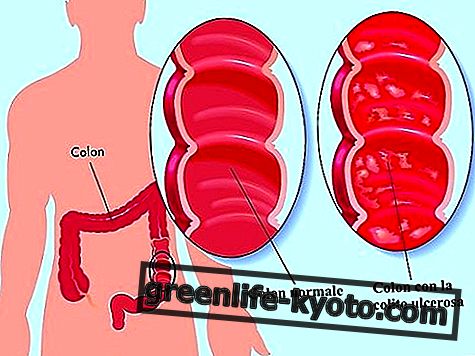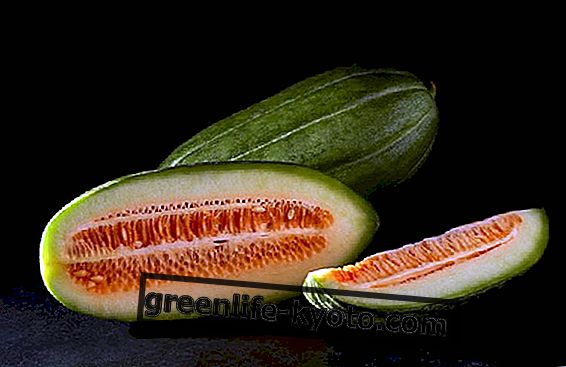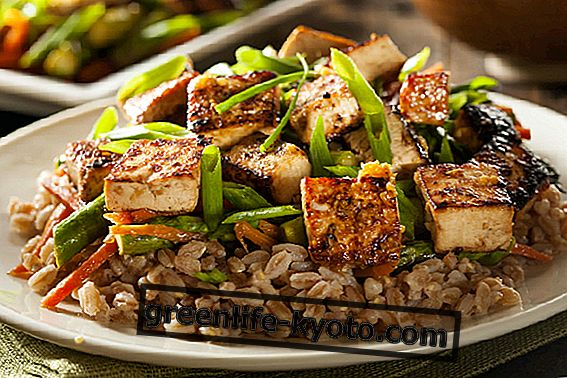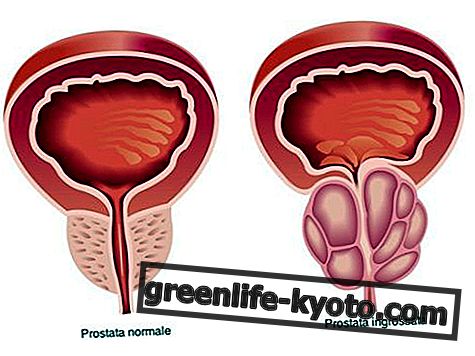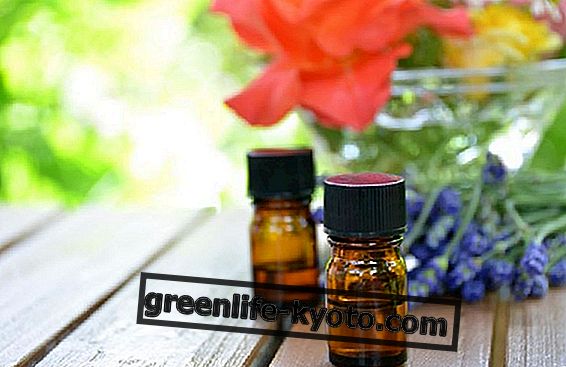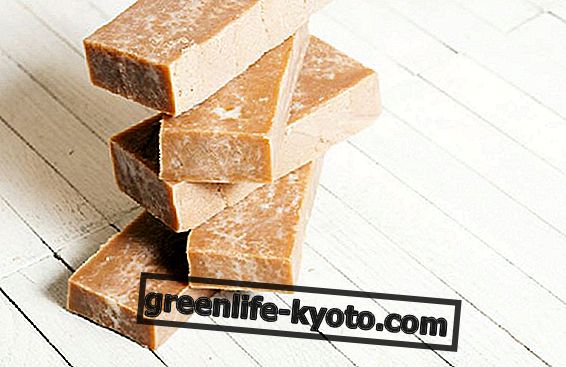
Surgras soap, the advantages of a "soap without"
" Surgras " is a term that comes from French and means "lipid-enriched, lipidizing or lipid-replenishing". Often the term is not translated, so we often find the term "Surgras" associated with many everyday cosmetic products, such as solid soaps and soap, shower gel, cleansing mousse.
So the surgras soap is a special product, I try synthetic additives and surfactants, indicated for all those people who are looking for a detergent that does not dry the skin, that does not irritate it and that keeps the natural hydrolipidic layer intact, without attacking it, but feeding her deeply.
Thanks to the presence of these "fattening" agents, the skin is protected, hydrated and sweetly and its precious lipid film is reconstructed, too often damaged by chlorine and other aggressive agents.
How to use surgras soap
The best surgras soap is handcrafted, naturally enriched with plant nutrients, such as sweet almond oil or shea butter, or animals, such as lanolin. It can be used by everyone, especially by those with particularly sensitive and delicate skin, such as that of children; it is used both for hands, for the body and also for cleaning the face . The only caution of use concerns those people who have oily skin, so you should prefer a soap-not-soap, in order to avoid any dermatological complication.
Many are the cosmetic houses that produce this type of soap, the French artisanal make school: Gaiia, which has a vegan friendly line produced by cold, Cavaillès that produces it since 1924, Le Petit Marseillais.
Normally a soap bar of surgras costs about 5/6 euros.
Soap not soap, synthetic soap
It is a particular soap, not produced in the classical manner, or through the saponification reaction, but obtained synthetically from surfactants of different types, which are divided into anionic, amphoteric and non-ionic.
Other substances can then be added to these, such as oil and vegetable nutrients or herbal extracts, dyes or foaming agents.
Also called SynDet (from the English Synthetic Detergents ) or " synthetic soap ", the soap-non-soap is indicated for those who care about their skin balance and do not want to alter it with the classic alkaline soaps.
How to use non-soap soap
The soap-non-soap has an acid or neutral pH - unlike the other soaps that have a basic ph - which serves to maintain and restore the conditions of normal balance of the skin, avoiding the trauma of the foam that takes away everything and then, to "rebound effect", it increases the production of sebum and consequently, in those who are predisposed, it can lead to the appearance of redness, wrinkles or even acne.
This is why soap-non-soap, compared to surgras, is usually preferred for the treatment of sensitive, mixed or fatty skin, so it is sebum normalizing, emollient and refreshing.
The soap-non-soap can be both liquid and soap, one of the best known is that based on rice starch, delicate and dermoprotective, also suitable for children.
There are also versions of soap and non-soap enriched with thermal waters, such as Aqua di Tabiano or salts, such as the well-known Edom soap-free soap with dead sea salt. The cost of a 100 gram soap bar ranges from 4 to 6 euros.
The final advice, especially for those who have major dermatological disorders or allergies, is always to consult a specialist before trying any new product .
